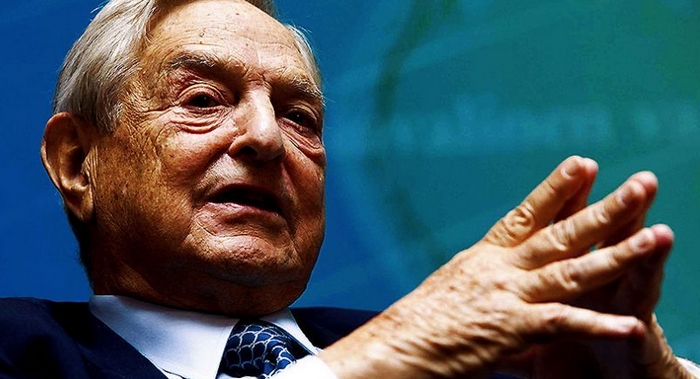Charlie Kirk assassination investigation expands as FBI confronts accomplice theories, Discord chats and online sleuthing
09/24/2025 / By Willow Tohi

- FBI investigating potential accomplices and online forums linked to Charlie Kirk’s killer, Tyler Robinson, including a 20-person Discord group.
- Text messages from Robinson to his transgender partner were scrutinized for authenticity, as theories about his social skills circulate.
- Hand gestures observed near Kirk before the shooting are under review as “possible signals.”
- FBI Director Kash Patel confirms expanded probe into bullet trajectory, weapon transportation and pre-assassination visitors to shooter’s home.
- Erika Kirk calls for leniency on capital punishment as grief drives national dialogue on political violence.
On September 10, the assassination of conservative activist Charlie Kirk during a Turning Point USA event left the nation reeling. The 31-year-old founder of the youth advocacy group was shot in the neck by a 22-year-old suspect, Tyler Robinson, who was later identified through his own texts. While the FBI initially claimed Robinson acted alone, Director Kash Patel now admits the probe has widened to include conspiracy theories, online chatter and unexplained details. The case has become a flashpoint in debates over political violence, national security and the role of social media in shaping public belief.
The suspect: Confessions, Discord and odd “communication skills”
Robinson, a self-professed “furry” with ties to pro-transgender circles, allegedly confessed to his transitioning male partner in texts that have puzzled investigators. “I’ve dissected every comma and period,” said one online sleuth, citing the suspect’s unusually formal language for a 22-year-old. The FBI is now analyzing his digital footprints, including a 20-person Discord group where Robinson supposedly detailed the plot beforehand.
Patel confirmed investigators are examining whether the suspect received assistance, contradicting earlier claims of a lone-wolf attack. The bureau is also tracing how the shooter obtained his weapon and why it took 33 hours to apprehend him—a delay widely criticized after Patel falsely announced Robinson was in custody hours before his eventual capture by Utah authorities.
Theories and “signals”: Online sleuthing meets criminal probe
In the immediate aftermath, social media users dissected a video of the assassination, noting hand gestures and baseball-cap tilts near Kirk just before the shot. “Some believe they were signals,” Patel acknowledged in his X post, adding these observations are part of the investigation. Meanwhile, analysts studying the bullet’s trajectory remain divided: Some argue a possible bulletproof vest deflected the shot upward into Kirk’s neck, while others insist the path shows no obstruction.
A widely shared theory about a disappearing plane near the scene—a supposed escape route—was dismissed by the FBI after consulting with the FAA. Patel stressed the agency is “meticulously” reviewing all leads but warned public speculation risks undermining justice.
Political fallout and calls for accountability
Kirk’s murder has intensified political tensions. President Donald Trump, who praised Kirk as “one of America’s greatest patriots,” joined Vice President J.D. Vance at his Arizona memorial, where an estimated 100,000 mourners gathered. Kirk’s widow, Erika, stirred debate when she publicly opposed the death penalty for Robinson, a stance conflicting with Utah’s legal system where aggravated murder carries a potential firing squad sentence.
The case has also reignited scrutiny of national security protocols. Critics, including some conservatives, argue the slow FBI response and mishandling of early clues reflect systemic failures. Meanwhile, the Justice Department is pursuing federal charges, setting up potential legal clashes over jurisdiction and public transparency.
A shadow over free speech and democracy
The Charlie Kirk assassination underscores a troubling reality: In an era of online radicalization and partisan polarization, lone actors can become geopolitical pawns—or unintended symbols. As Patel’s expanded investigation unfolds, the public’s hunger for truth collides with law enforcement’s need for secrecy. For conservatives, the case reinforces concerns about domestic terrorism and institutional complicity. For advocates of free discourse, it is yet another wake-up call. As one attendee at Kirk’s memorial noted, “If Charlie’s death doesn’t scare you into taking politics seriously, nothing will.”
Sources for this article include:
Submit a correction >>
Tagged Under:
big government, Charlie Kirk, conspiracy, deception, FBI, national security, Patel, patriot, political violence, real invesitations, Turning Point USA, Tyler Robinson
This article may contain statements that reflect the opinion of the author
RECENT NEWS & ARTICLES
COPYRIGHT © 2017 LIBTARDS NEWS

















